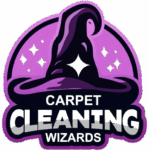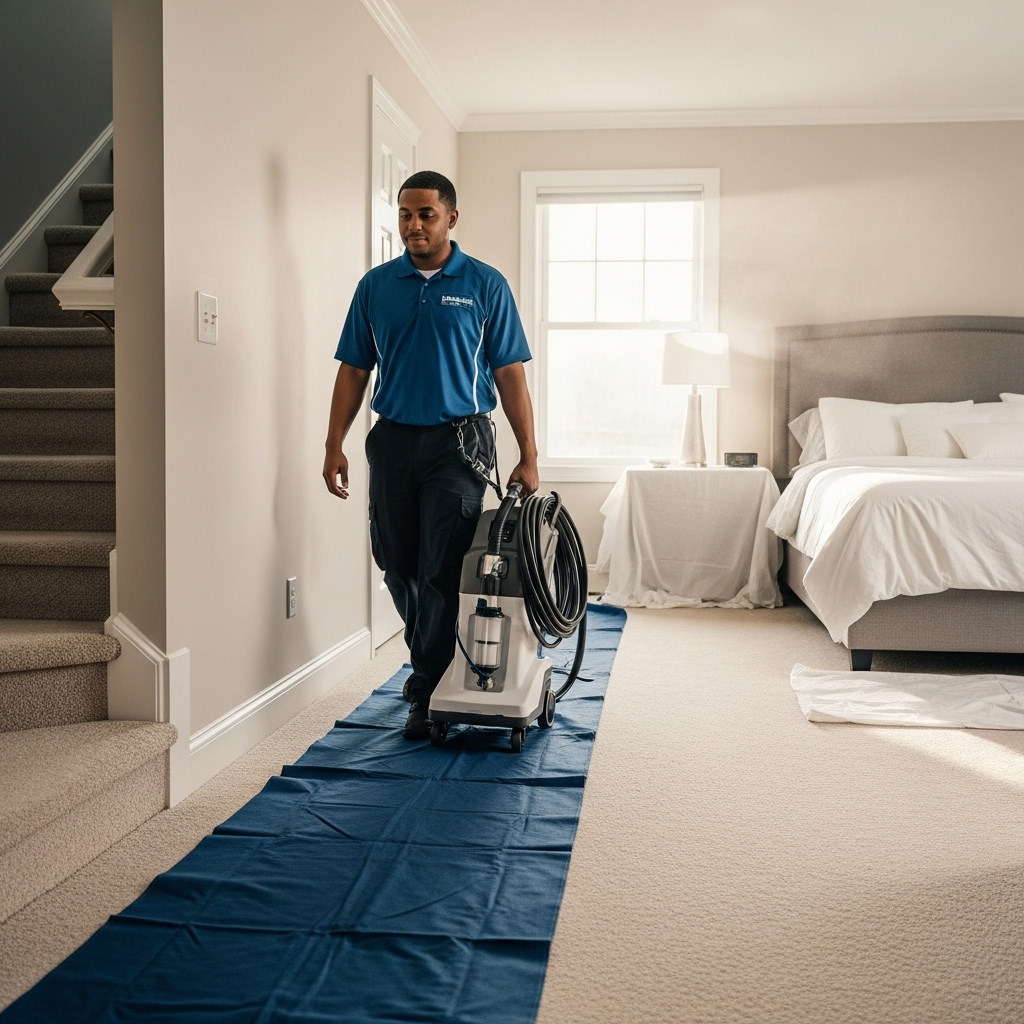Finding the best mattress cleaning services near you in New Jersey starts with knowing what truly sets top providers apart. A good mattress cleaning experience protects the structure of your bed, improves air quality in your bedroom, and leaves fabrics fresher without heavy scents or residue. This guide gives you a simple framework to compare local companies, evaluate their methods, and plan a visit that fits your household’s needs. If you are early in your research, reviewing the fundamentals of mattress cleaning can help you understand the terms providers use and what outcomes to expect.
New Jersey’s neighborhoods—from shore towns to urban hubs and leafy suburbs—face different indoor air and humidity challenges. The best services take those differences into account and customize their approach for your home. They bring high-filtration equipment, low-moisture methods, and fabric-safe solutions tailored to memory foam, latex, hybrids, and traditional spring mattresses.
What makes a mattress cleaning service “the best”
Top providers combine technical skill with thoughtful, courteous service. They inspect first, explain what they see, and plan a tailored approach. Throughout the visit they protect floors and furniture, use the least moisture necessary, and adjust method and products to your mattress type. They prioritize neutralizing odors at the source rather than masking them and give practical aftercare tips to keep results lasting.
- Clear explanations of methods and materials.
- Low-moisture techniques that protect internal components.
- High-filtration extraction for fine particles.
- Respect for labels, handles, stitching, and edges.
- Straightforward aftercare guidance.
How to evaluate local providers
When browsing options, look beyond catchy slogans. Read how they describe their process step by step. Do they mention inspection, dry extraction, targeted treatments, and careful moisture control? Do they adapt to different mattress constructions? Are they comfortable working fragrance-free for sensitive households? Their answers reveal how they will treat your home and your mattress.
Ask about technician training and experience, and look for consistency in how they explain safety precautions. If you have specific concerns—like allergies, pets, or a child’s bed—share those details and listen for thoughtful, precise responses. The best teams welcome questions and give direct, helpful answers.
Questions to ask before you book
- What methods do you use to protect memory foam or latex?
- How do you manage moisture to prevent overwetting?
- Can you work fragrance-free for sensitive households?
- How do you handle stubborn spots or lingering odors?
- What aftercare steps do you recommend to maintain results?
Understanding methods and materials
The safest, most effective mattress cleaning approaches focus on dry extraction first, followed by targeted, low-moisture treatments and careful removal of residues. High-filtration equipment captures fine particles instead of recirculating them, and technicians tailor their tools to avoid rough abrasion that could fuzz the fabric or damage tufting. The result is a mattress that feels crisp and clean without heavy wetness or perfumes.
Balancing DIY with professional service
Even the best service works best when paired with simple home practices. Vacuum the mattress surface periodically using a clean upholstery attachment, wash protectors and linens on schedule, and keep airflow moving. These steps extend the results of a professional visit and keep your sleep space fresh between appointments. If you are comparing options mid-search, skim an expert primer on professional mattress cleaning so you can gauge whether a provider’s approach aligns with best practices.
New Jersey-specific considerations
Humidity on the coast and pollen cycles inland influence how often you might need attention. Homes with limited ventilation benefit from services that emphasize quick drying and strong airflow during and after the appointment. Historic homes may present tight stairwells or small rooms; providers used to New Jersey housing will plan for these logistics, protecting corners, railings, and floors as they move equipment.
Red flags to avoid
Be cautious of any provider who recommends soaking a mattress, relies on strong fragrances to hide odors, or cannot explain how they adapt methods for different mattress types. Vague explanations about products or drying times are also warning signs. The best teams are transparent and conservative with moisture, choose fabric-safe solutions, and communicate clearly from start to finish.
What to expect on appointment day
Expect a punctual arrival, a brief walkthrough of your concerns, and protective measures for surrounding furniture. After an initial dry extraction, technicians address spots and overall freshness with minimal moisture, then promote airflow for quick drying. They will invite you to inspect the results and provide practical aftercare—like when to remake the bed and how to maintain freshness with regular vacuuming.
- Clear path for equipment and hoses.
- Protection for floors and adjacent furniture.
- Dry extraction before any targeted treatments.
- Careful, low-moisture methods.
- Final walkthrough and aftercare tips.
Why methodical cleaning improves sleep quality
Clean bedding is important, but a clean mattress changes the baseline of your sleeping environment. Removing embedded dust and neutralizing stale odors can lead to calmer breathing and fewer distractions at bedtime. The sleep experience often feels more refined—quilting looks sharper, the surface feels smoother, and the room smells naturally fresh.
Care between professional visits
Simple habits go a long way. Vacuum the surface slowly to lift dust before it settles deeper. Air out the room when weather allows, and use breathable protectors to guard against spills and perspiration. Rotate or flip the mattress if recommended by the manufacturer to keep the surface even and comfortable across seasons.
Frequently asked questions
How do I know if a service is reputable? Look for clarity about methods, moisture control, and material-specific handling. Reputable providers explain their process and welcome questions.
Will my mattress feel wet afterward? With proper low-moisture techniques, it should not. Surfaces may feel cool briefly; airflow ensures quick drying.
Can you work on memory foam, latex, and hybrids? Yes—experienced teams adapt to each material and avoid aggressive agitation that could harm the surface.
How often should I schedule a visit? It varies by household. Homes with pets, kids, or allergy concerns may benefit from more frequent attention, while others can space visits further apart.
Is fragrance-free service possible? Absolutely. Many providers offer minimal-ingredient or fragrance-free options on request.
Putting your short list together
Create a brief comparison list of providers and note how each one addresses inspection, dry extraction, targeted treatments, moisture control, and aftercare. Pay attention to how they communicate and whether they show respect for your time and space. The team that gives thoughtful, specific answers is usually the one that will treat your mattress with care.
Choosing with confidence
With a clear understanding of best practices, you can select a New Jersey service that delivers reliable results and protects your mattress investment. When you are ready to move forward, reach out to your top choice and plan a visit. For a final refresher as you decide, review a concise summary of expert mattress cleaning so you can confirm the approach aligns with your expectations.
Sleep better on a truly clean mattress
The right provider makes the process easy, respectful, and effective. Expect courteous communication, careful work, and a noticeable improvement in how your bedroom feels. When you are ready to enjoy a fresher, healthier sleep surface, contact a trusted New Jersey team to schedule thorough mattress cleaning and rest easier night after night.

